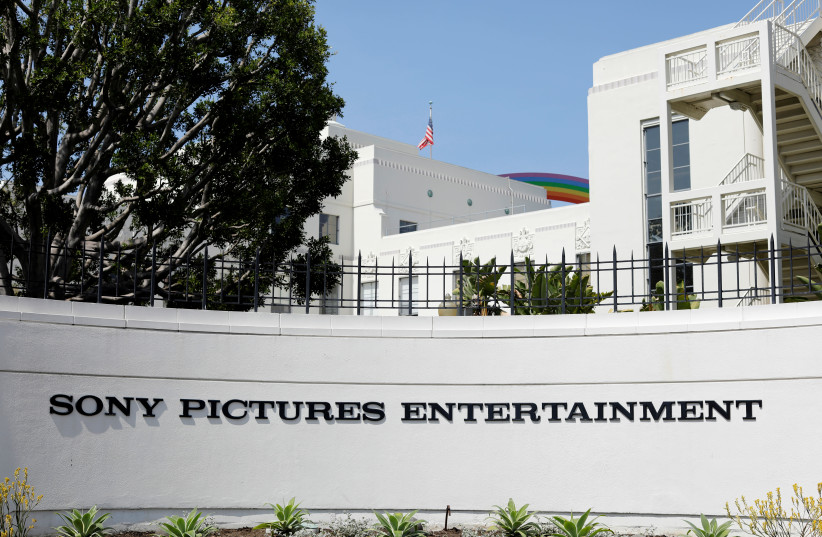Sony submitted a patent in 2009 for a television ad that would end when the viewers screamed the brand’s name. The patent was granted in 2021.
Connecting television marketing with Word-of-mouth is an innovative new marketing strategy. The patent, Patent No. US8246454B2, is titled "System for converting television commercials into interactive networked video games," by inventor Gary M Zalewiski.
This technology marks a new era in television. While the patent has been granted to Sony, the technology could be shared and used in any number of ways. Maybe your kids will have the opportunity to actually interact with Dora the Explorer and work on their Spanish pronunciation. Swiper no swiping!
The technology is not just about having viewers’ neighbours hear about Sony, the patent describes the ability for users to play a “interactive mini-game commercial that can be played with other ‘viewers.’” So, maybe, we won’t want to skip the commercials in the future.
The technology also hopes to enable people to directly order products from adverts and receive rewards, like coupons, for interacting with suppliers. The technology seeks to promote a more direct mode of advertising.

Concerns over the new technology
With new innovations comes new concerns to curtail. Since technology that uses microphones, like Alexa and Google Nest, has become increasingly common so has the worry about privacy. There is concern about who has access to recordings and what can be done with them.
The American Civil Liberties Union (ACLU) published an article about the risks of these new technologies. The article includes the story of American police receiving a warrant to obtain a man’s Alexa, which continually recorded all his private conversations. This case brings new worries when it comes to defining privacy.
While the ramifications of government and police’s access to private conversations could be seen as concerning, the ACLU points out that members of the public can also hack devices. In fact, in 2020 security-doorbell company Ring was served with a lawsuit by a complaint of thirty people. The suit claimed the 30 people had had their doorbells hacked by malicious users. This endangered the personal security of the users and also their reasonable expectation of privacy.
